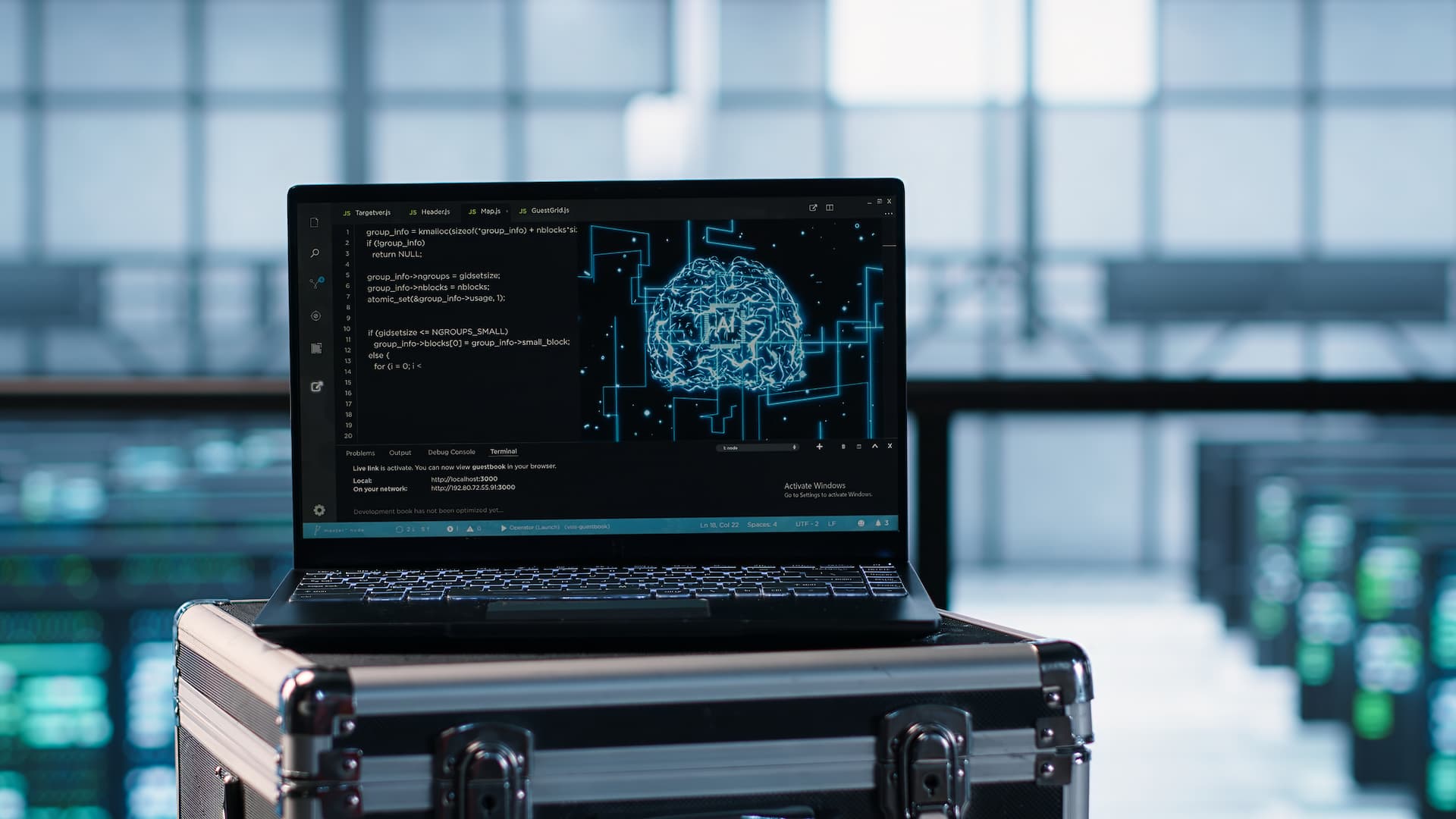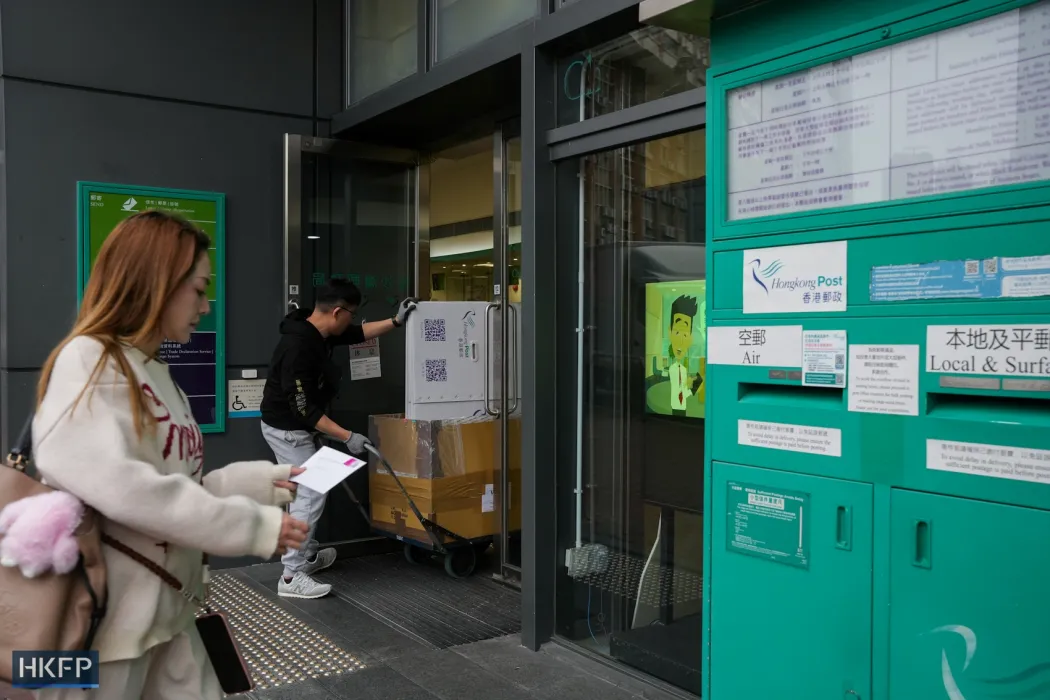Millions of patients, employees, and partners linked to AMEOS Group, one of Europe’s largest private healthcare providers, may have compromised their personal data following a major cyberattack.
The company admitted that hackers briefly accessed its IT systems, stealing sensitive data including contact information and records tied to patients and corporate partners.
Despite existing security measures, AMEOS was unable to prevent the breach. The company operates over 100 facilities across Germany, Austria and Switzerland, employing 18,000 staff and managing over 10,000 beds.
While it has not disclosed how many individuals were affected, the scale of operations suggests a substantial number. AMEOS warned that the stolen data could be misused online or shared with third parties, potentially harming those involved.
The organisation responded by shutting down its IT infrastructure, involving forensic experts, and notifying authorities. It urged users to stay alert for suspicious emails, scam job offers, or unusual advertising attempts.
Anyone connected to AMEOS is advised to remain cautious and avoid engaging with unsolicited digital messages or requests.
Would you like to learn more about AI, tech and digital diplomacy? If so, ask our Diplo chatbot!










